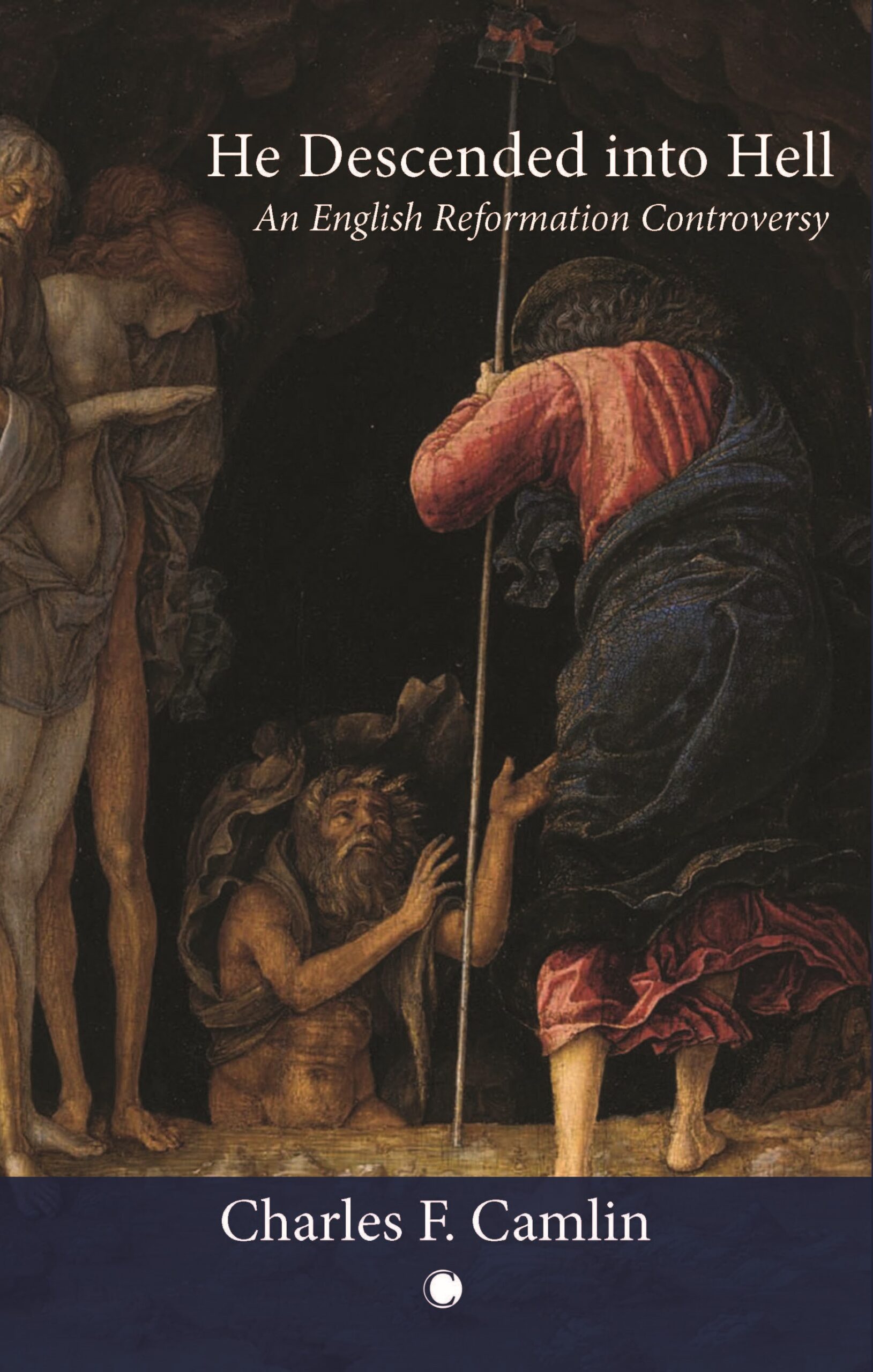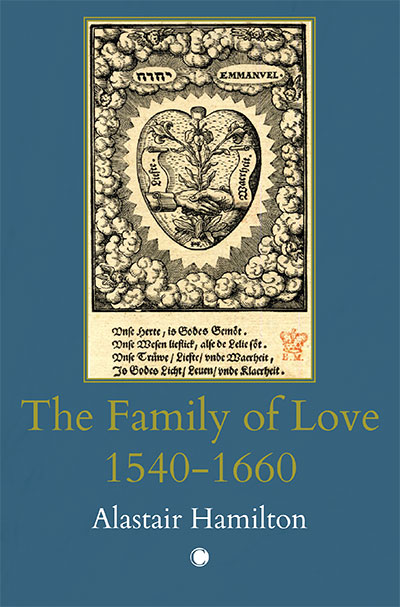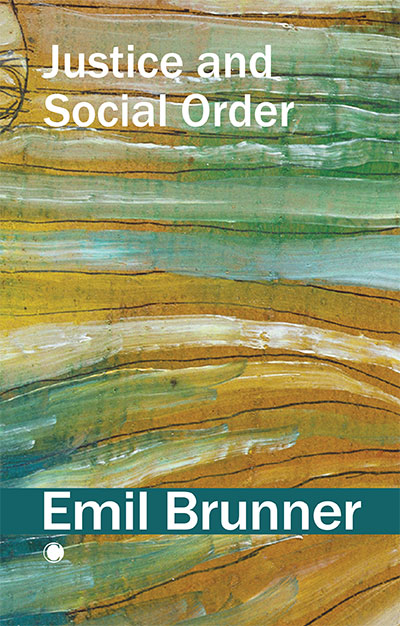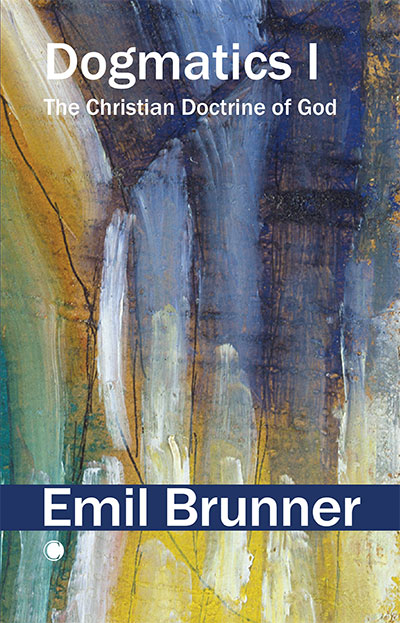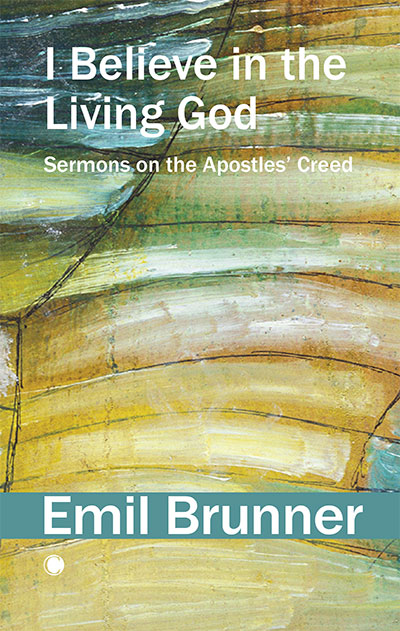Description
The phrase ‘he descended into hell’ in the Apostles’ Creed caused a major controversy in England during the sixteenth and seventeenth centuries, yet this debate has been largely overlooked in modern scholarship. Camlin reapproaches the descensus clause in the context of its initial composition, before exploring the Reformation context, and especially, the debates during the Tudor period.
He Descended into Hell considers how closely the English church aligned with the Patristic understanding of the doctrine during the Tudor period. It also considers how the English view correlated with the views of the Continental Reformers, as well as pressures within Protestantism to distance this view from that of the Roman church. Drawing on doctrinal, liturgical, catechetical and devotional material, Camlin shows how understandings of the purpose of Christ’s descent were debated, leading to the established Anglican creeds we see today. Camlin’s investigation thus offers new insight into this often overlooked or even misunderstood part of the Creed.
About the Author
Charles F. Camlin holds a PhD from the University of Middlesex centring on English Reformation controversies around the Apostles’ Creed, as well Master of Theology degrees from Dallas Theological Seminary and Cranmer Theological House, Texas.
He is the Dean of Cranmer Theological House, editor of Cranmer Theological Journal, co-editor of the book Re-formed Catholic Anglicanism, and is a member of the Society of Anglican Theologians. He is married to Kimberly and they have three children and five grandchildren.
Contents
Abbreviations
Introduction
Chapter 1 – He Descended into Hell: The Patristic Background
The Terminology Associated with the Doctrine
Biblical Passages Associated with the Doctrine
The Doctrine of the Descent in the Second Century
The Doctrine of the Descent in the Third Century
The Doctrine of the Descent in the Fourth Century
The Doctrine of the Descent in the Fifth Century
Summary
Chapter 2 – The Doctrine of Christ’s Descent into Hell from the Medieval Era through the Reign of Edward VI
Late Patristic and Medieval Developments Regarding the Doctrine of the Descent
The Doctrine of the Descent in the Thought of Erasmus and the Continental Reformers
The Doctrine of the Descent in England during the Reign of Henry VIII
vi He Descended into Hell
Devotional and Catechetical Works
Official Doctrinal Statements
Controversy over the Descent in Henry VIII’s Reign
The Doctrine of the Descent in England during the Reign of Edward VI
Catechetical Works
Homiletical and Liturgical Works
Official Doctrinal Statements
Foreign Influences and Controversies during Edward VI’s Reign
Summary
Chapter 3 – The Doctrine of Christ’s Descent into Hell in Elizabethan England
The Doctrine of the Descent during the Reign of Mary Tudor
The Doctrine of the Descent during the Reign of Elizabeth I
The Doctrine of the Descent in the Articles of Religion
The Doctrine of the Descent in Other Official and Semi-Official Documents of the Church of England
The Doctrine of the Descent in the Sternhold- Hopkins Psalter
The Doctrine of the Descent in Continental Reformation Influences on England
The Doctrine of the Descent in Sixteenth-Century Bible Translations
The Controversies over the Descent during Elizabeth I’s Reign
Christopher Carlile vs Richard Smith
William Hughes vs John Whitgift
vii
William Fulke vs Gregory Martin
John Northbrooke vs the English Church
Formularies
William Perkins vs John Higins
Adam Hill vs Alexander Hume
Thomas Bilson vs Henry Jacob
Summary
Conclusion
Appendix
Bibliography
Endorsements and Reviews
Charles Camlin has written a groundbreaking study of the doctrine of Christ’s descent into hell, which will stand as the authoritative book on the topic for years to come. While focusing on the Tudor period of the English Reformation, He Descended into Hell also carefully traces the entire preceding history of the Creed’s descent clause. Camlin’s meticulous work sheds new light on vigorous debates within the Church of England, tracing both continuity and discontinuity with the patristic and medieval eras. Any future scholarship on the teaching of Christ’s descent into hell will have to consult Camlin’s remarkable accomplishment.
Dr. Hans Boersma, Chair in Ascetical Theology at Nashotah House Theological Seminary
The doctrine of Christ’s descent into Hell has a rich interpretive history and became a test case for biblical fidelity among reformational theologians, especially in the Church of England. Camlin’s exposition of the doctrine’s history and function in Reformation era theology shows us the patristic roots of sixteenth-century theological renewal.
Rev. Dr. Greg Peters, Professor of Medieval and Spiritual Theology at Biola University
Perhaps the most controversial clause in the Apostles’ Creed is the statement that “He descended into Hell”. Charles Camlin sheds light on this by pointing to its scriptural basis, the way it was understood in the Early Church of the first five centuries and further developments in the Middle Ages. The main focus of his study is on the Church of England in the sixteenth century, especially controversies during the reigns of Henry, Edward and Elizabeth. These are set against the background of the teaching of Erasmus and the Continental Reformers. Camlin is to be congratulated for giving us a lucid, readable and comprehensive account of the debates over the meaning of this clause. This is compulsory reading for anyone with an interest in the topic.
Tony Lane, Professor of Historical Doctrine at London School of Theology
Breaking new ground with the first book-length treatment of this neglected subject, Camlin illuminates Christ’s descent into hell as a central theme of theological controversy in sixteenth-century England. Set against the richly woven tapestry of patristic and medieval thought, and the re-imagining of the descent in early modern Europe, this is a nuanced and admirably contextualized study.
Dr Richard Snoddy, Associate Research Fellow at London School of Theology

